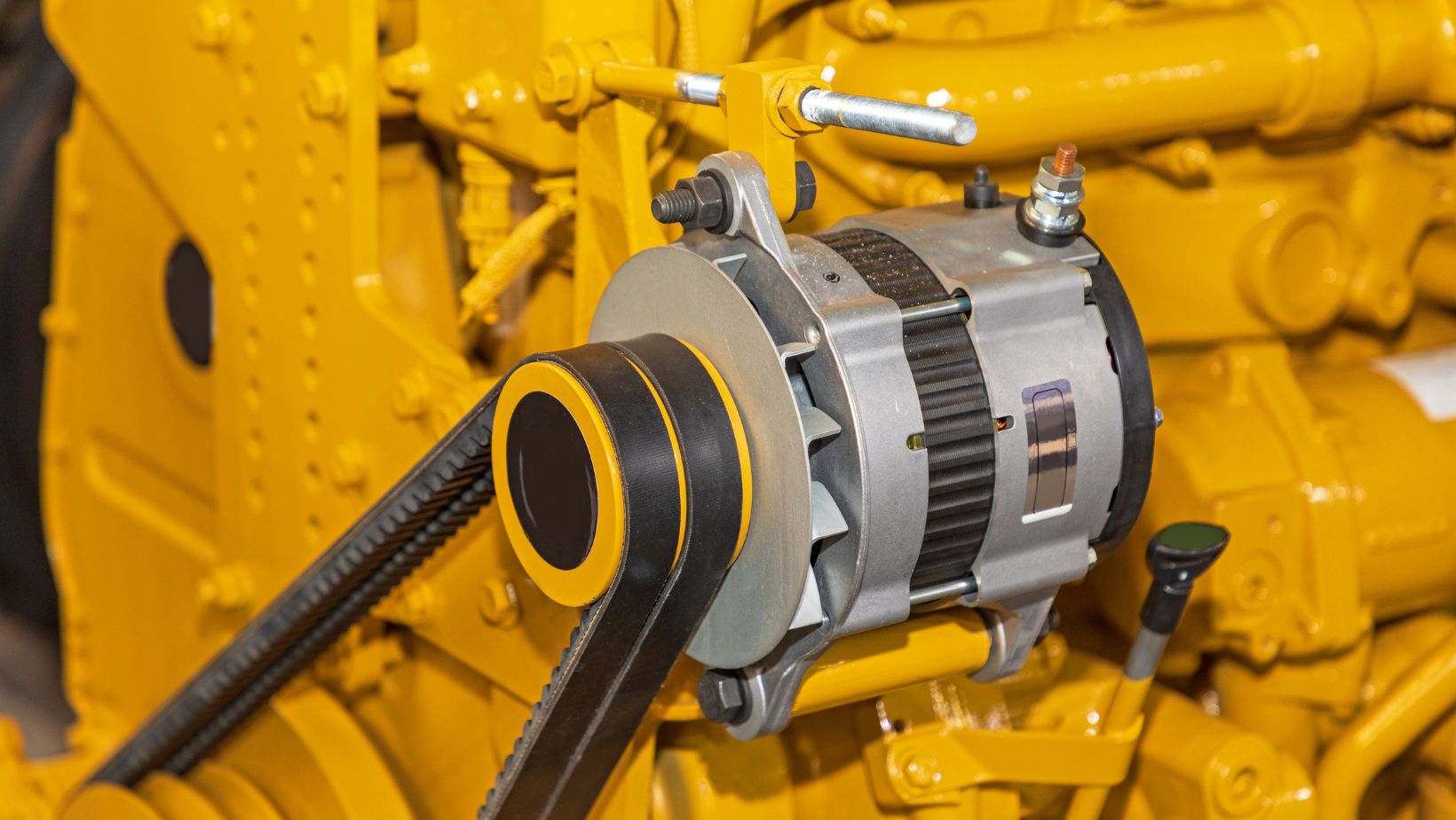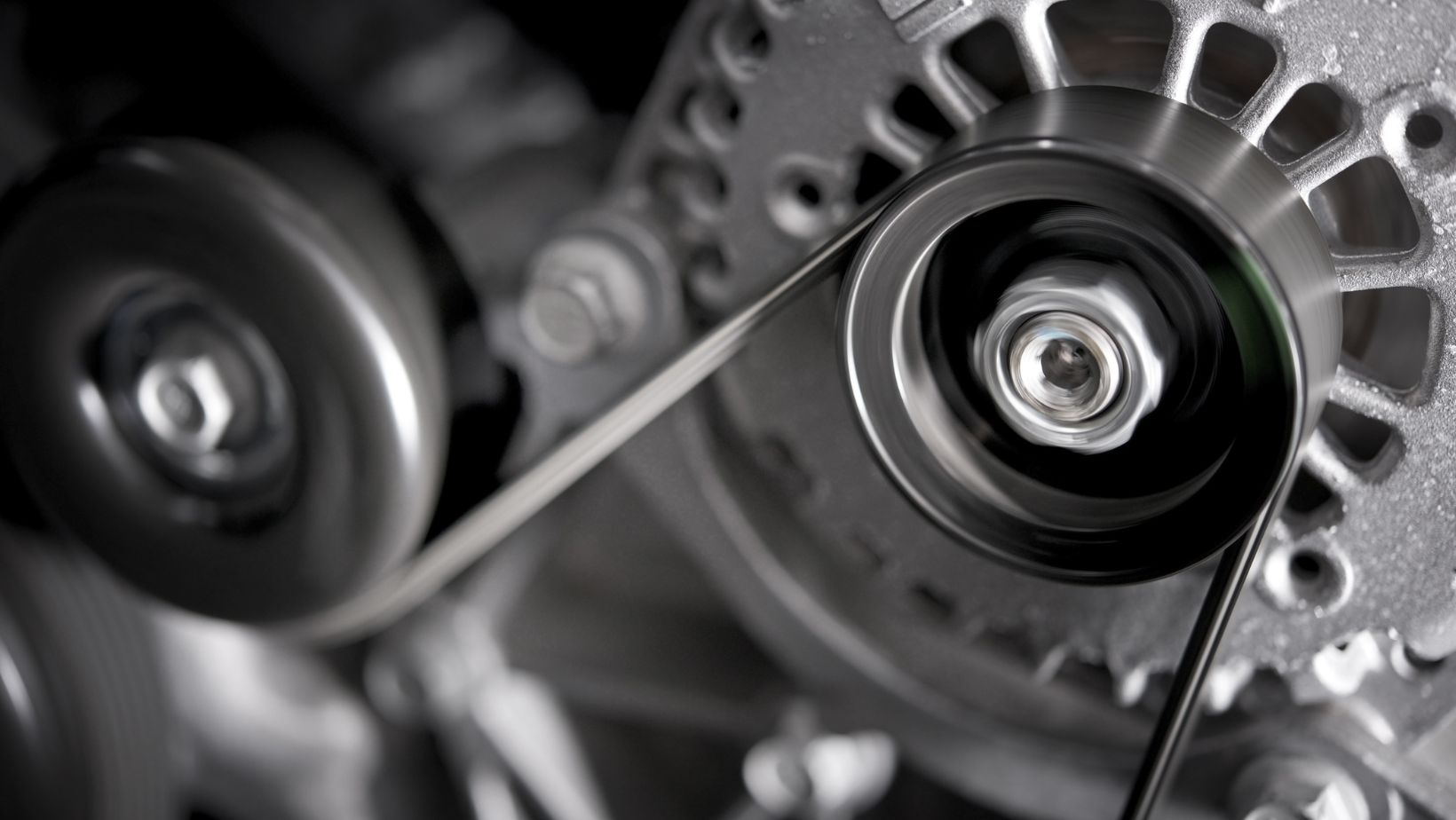
How Long Will a New Battery Last With a Bad Alternator
Wondering how long a new battery will last if you have a bad alternator? Well, let me shed some light on this perplexing question. When your alternator is not functioning properly, it fails to recharge the battery while the engine is running. As a result, the battery bears the entire burden of supplying power to the electrical components of your vehicle.
In such circumstances, the lifespan of a new battery can vary significantly. It depends on several factors like the condition of the battery itself, its capacity, and how heavily it’s being used. Generally speaking, without proper recharging from a functional alternator, a new battery may only last for a few hours or days before it completely drains out.
It’s worth noting that continuously relying on a weak or malfunctioning alternator can cause additional strain on the battery and lead to premature failure. So if you suspect your alternator is bad, it’s essential to address the issue promptly to avoid potential damage and ensure optimal performance and longevity for both your battery and alternator.
Factors Affecting Battery Life
Usage and Misuse of Battery
One of the key factors that can significantly impact the lifespan of a battery is how it is used and maintained. Using electrical accessories like headlights, air conditioning, or audio systems while the engine is off can drain the battery quickly. It’s important to be mindful of these power-consuming devices and avoid excessive use when the engine is not running. Additionally, leaving lights or other electronic devices on overnight or for extended periods can further deplete the battery and shorten its overall lifespan.
Furthermore, extreme temperatures can also affect battery performance. In hot climates, heat can accelerate chemical reactions within the battery, leading to faster degradation. Conversely, in cold weather conditions, batteries may struggle to provide sufficient power due to decreased chemical activity. Regularly subjecting a battery to temperature extremes without proper care and maintenance can ultimately reduce its longevity.
Quality of Battery
The quality of a battery plays a crucial role in determining its lifespan. Opting for a high-quality battery from a reputable manufacturer increases your chances of getting a longer-lasting product. Cheap or low-quality batteries may have shorter lifespans due to inferior materials and construction methods.
Battery capacity is another aspect related to quality that affects longevity. Batteries with higher capacity are generally able to hold more charge and will last longer before needing recharging compared to batteries with lower capacities.

Symptoms of a Bad Alternator
When it comes to the health of your vehicle’s electrical system, a functioning alternator plays a crucial role. A bad alternator can cause various symptoms that indicate trouble under the hood. Here are some common signs to watch out for:
- Dimming or Flickering Lights: One of the most noticeable indicators of a failing alternator is dimming or flickering lights. If you notice that your headlights, interior lights, or dashboard lights are not as bright as usual or if they fluctuate in intensity, it could be a sign that your alternator is struggling to provide enough power.
- Frequent Battery Issues: A bad alternator can put excessive strain on your car battery, leading to recurring battery problems. If you find yourself jump-starting your vehicle frequently or experiencing issues with slow cranking or starting, it may be due to an inefficient charging system caused by a faulty alternator.
- Warning Lights: Modern vehicles are equipped with warning lights on the dashboard to alert drivers about potential issues. When an alternator fails, you might see warning lights such as the battery light or ALT (alternator) indicator illuminated on your instrument panel.
- Strange Noises: Another symptom of a failing alternator is unusual noises coming from under the hood. You may hear grinding, whining, or squealing sounds when the faulty components within the alternator start wearing out.
- Electrical Malfunctions: The electrical components in your vehicle heavily rely on a stable power supply from the alternator. If you experience glitches with your power windows, erratic performance from electronic systems like radio and navigation units, or intermittent failures of other electrical devices, it could be attributed to a malfunctioning alternator.
- Dead Battery: In severe cases where an alternator completely fails and stops charging the battery altogether, you may end up with a dead battery that cannot hold any charge.
It’s important to note that these symptoms can also be caused by other issues in your vehicle’s electrical system. Therefore, it is advisable to consult a professional mechanic for an accurate diagnosis and proper repair. Ignoring the signs of a bad alternator can lead to further damage and potentially leave you stranded on the road.




























































